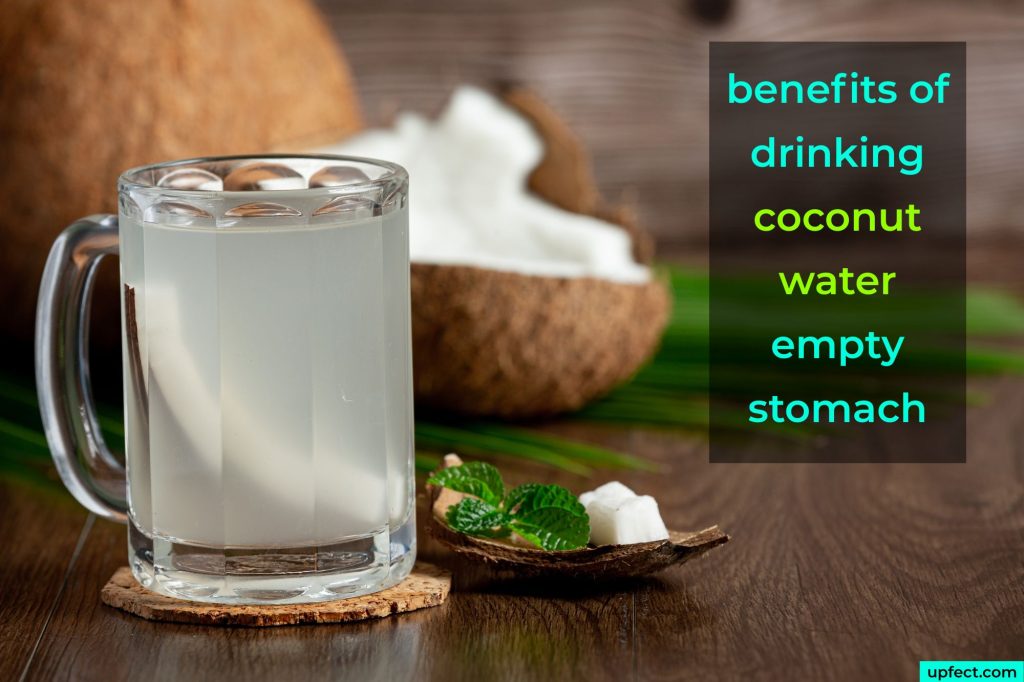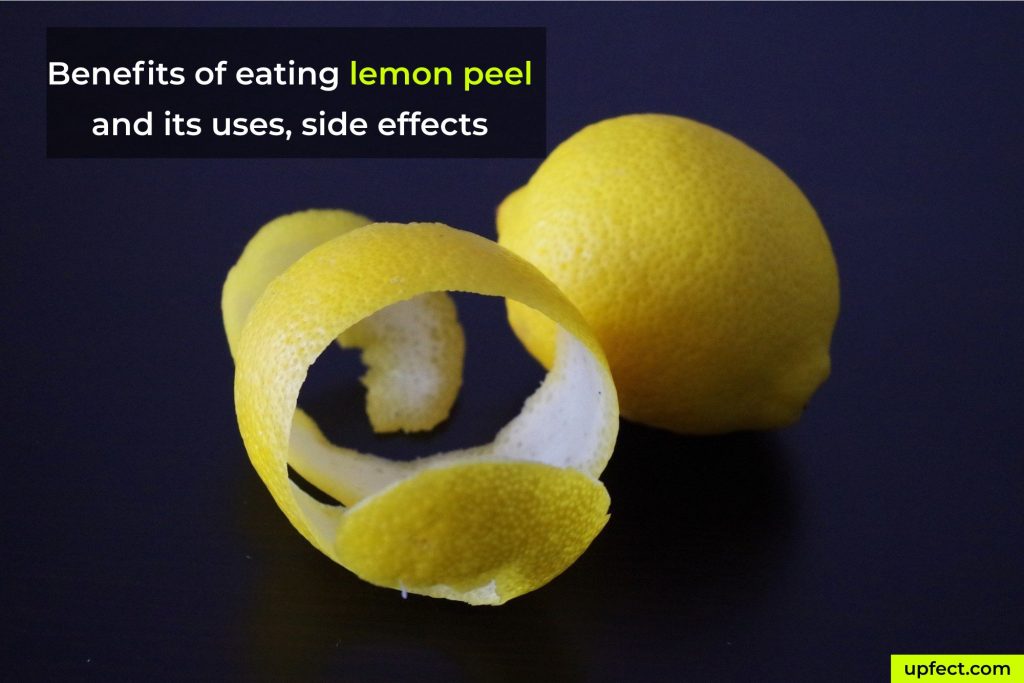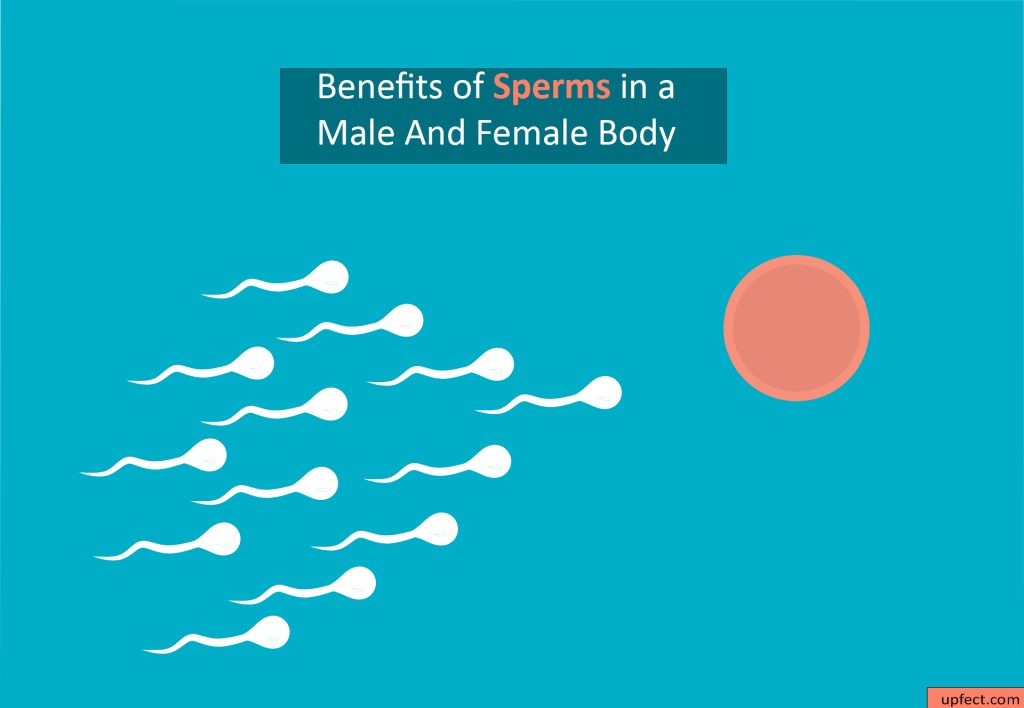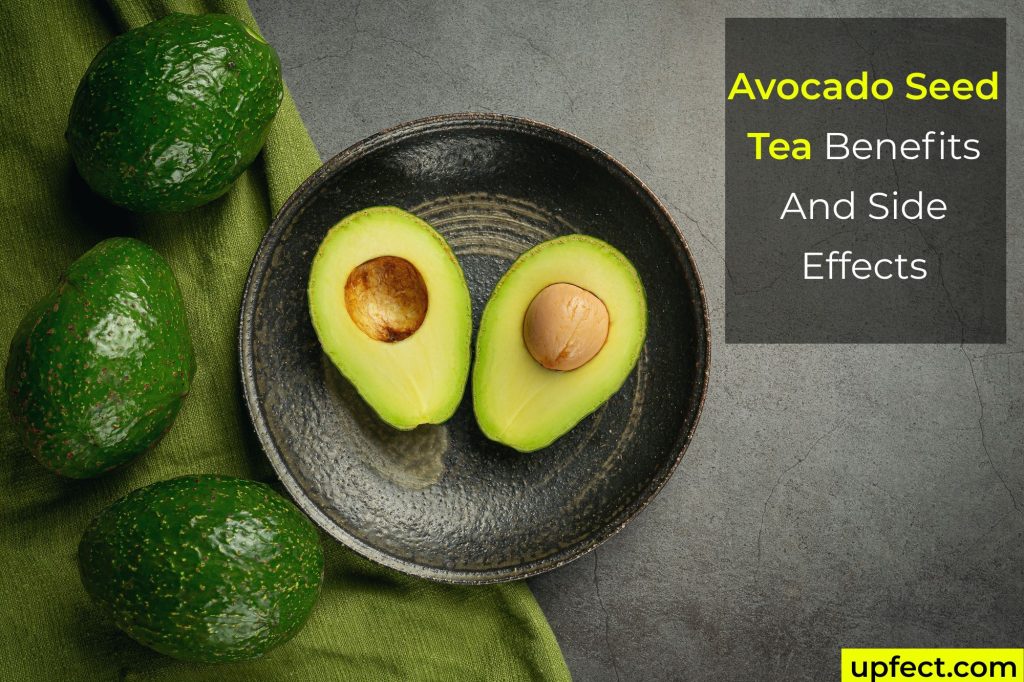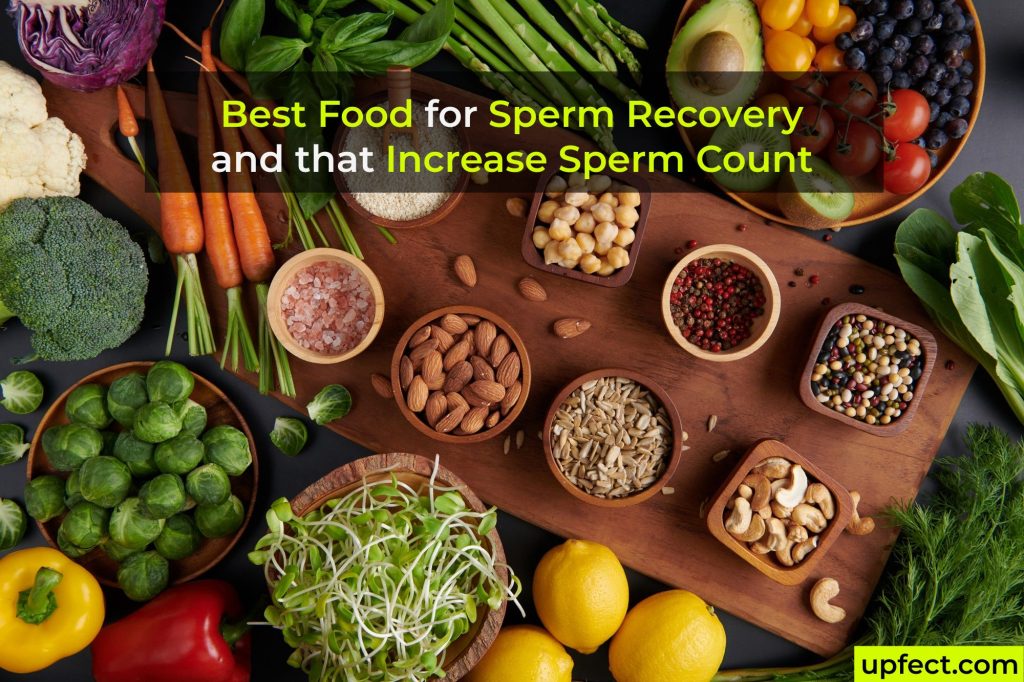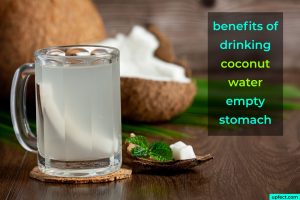
Top 7 Benefits Of Drinking Coconut Water Empty Stomach
Benefits Of Drinking Coconut Water Empty Stomach – Coconut water obtained from young green coconuts is a clear liquid that not only quenches your thirst but also replenishes important electrolytes. Coconut water contains 94% water and very little fat. Nutrition Benefits Of Drinking Coconut Water Empty Stomach: According to the U.S. Department of Agriculture (USDA) […]
Read More
Best Eating Lemon Peel Benefits For The Human Body
Best Eating Lemon Peel Benefits: Today I am going to reveal the best eating lemon peel benefits. Lemon peels are rich in vitamins, minerals, and antioxidants, making them a true superfood. Rich in vitamin C, they boost immunity, which can help your teeth, heart, and immune system. These fruit peels may also help fight cancer […]
Read More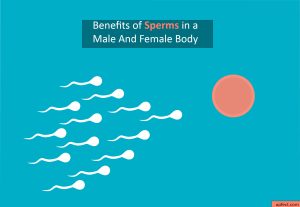
Benefits Of Sperms In A Male And Female Body
Benefits Of Sperms In A Male And Female Body: Today I am going to share top doctored tips about the Benefits of Sperms in a Male And Female Body. To understand male reproductive health, we must first analyze the complex anatomy involved. The male reproductive system is made up of many organs, each of which […]
Read More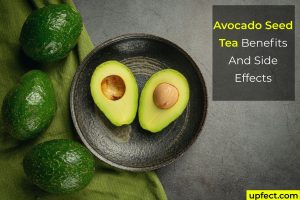
Avocado Seed Tea Benefits And Side Effects – You Never Knew Existed
Tips For Avocado Seed Tea Benefits And Side Effects Today I will reveal the Avocado Seed Tea Benefits And Side Effects – You Never Knew Existed! Avocado seeds, which are usually thrown away after use, are used to make avocado seed tea. avocado seeds are a veritable gold mine of fiber, antioxidants, and other elements. […]
Read More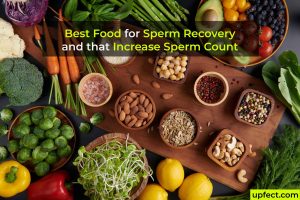
Top Best Food for Sperm Recovery
Today I am going to reveal the Best Food for Sperm Recovery. Sperm recovery is the ability of the body to generate new sperm and regulate the quantity of healthy sperm. Lifestyle, nutrition, and overall health are a few of the factors that affect this process. By including the right foods in your diet, you […]
Read More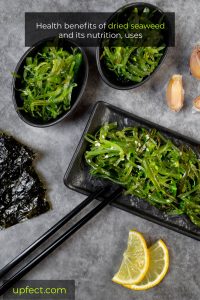
Can I Eat Dried Seaweed Everyday Added With Snack
Can I Eat Dried Seaweed Everyday? If someone asks me – Can I Eat Dried Seaweed Everyday? My answer must be – Yes. Because it has Vitamins (A, C, E, and K), minerals (iodine, calcium, iron, and magnesium), antioxidants, and fiber are some of the nutrients that are high in seaweed. It is a versatile, […]
Read More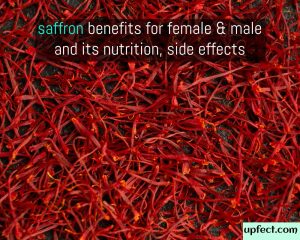
Saffron benefits for female & male and its nutrition, uses & more
What is Saffron? Saffron, derived from Crocus sativus flowers, is one of the most prized spices of ancient civilizations. The original origin of saffron is Greece. However, the production of saffron is high in cold regions like Iran, Spain, Kashmir. Iran supplies more than 90 percent of the world’s saffron. The rest comes from Spain, […]
Read More